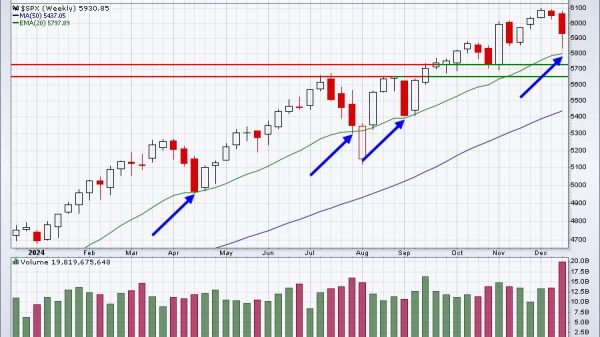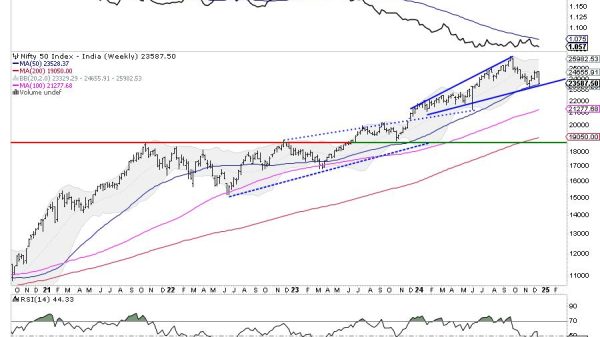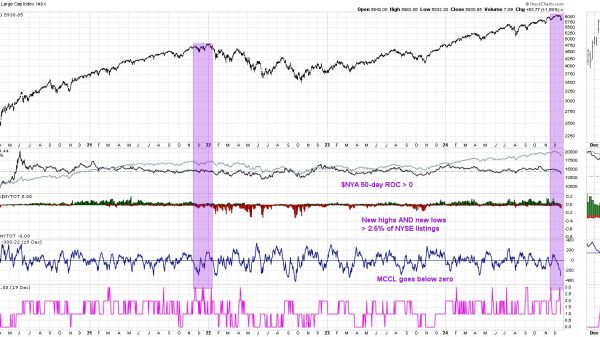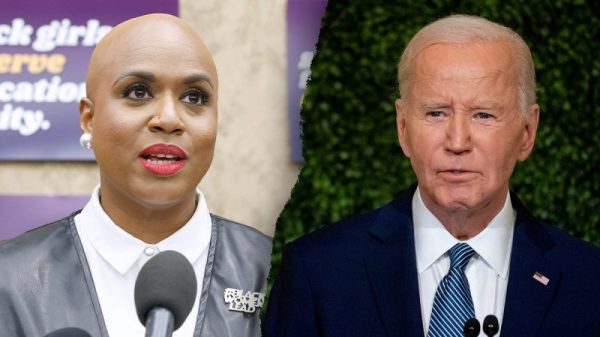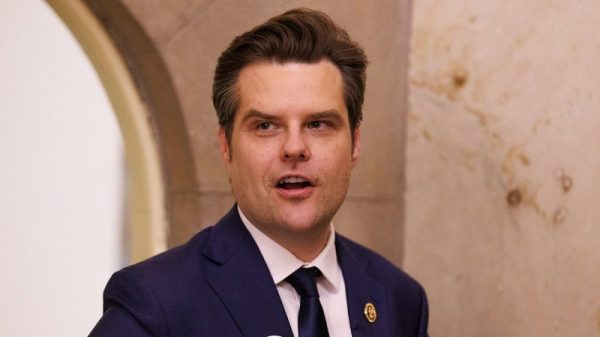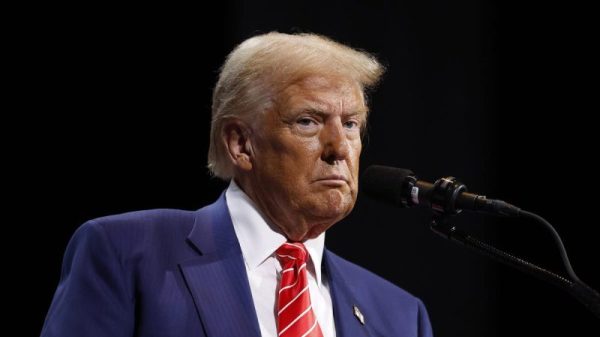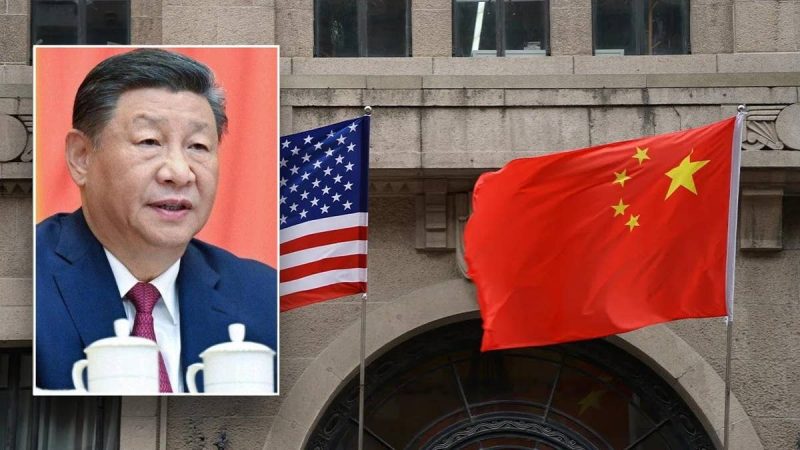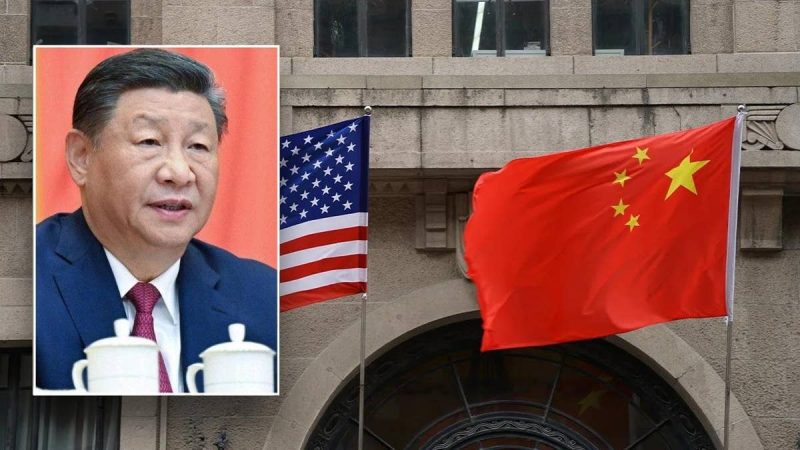
More than a dozen financial officers from 15 states are sending a letter to public pension fund fiduciaries, urging them to cut ties with China-based investments due to the Chinese Communist Party’s (CCP) control over some firms.
‘Trustees of state funds have a duty to investigate investments and a duty to monitor investments and divest from imprudent investments, in order to ensure that those funds grow and are protected for future beneficiaries,’ the letter from 18 state treasurers stated to public pension fund fiduciaries, who include anyone managing a public pension fund. ‘The time has come to divest from China.’
The 18 financial officers – who include some state treasurers – are from Alabama, Arkansas, Alaska, Arizona, Indiana, Kansas, Louisiana, Mississippi, Missouri, Nebraska, North Carolina, Oklahoma, Pennsylvania, South Carolina and Wyoming.
Financial officers cited a crackdown by the CCP on due diligence firms, which has compromised the reliability of financial audits. They also pointed to CCP interference in stock and bond markets, where efforts to hide foreign investment outflows have been observed.
The CCP maintains extensive control over Chinese companies, including the placement of military and intelligence personnel within them, the letter also states, and keeps the legality of Variable Interest Entities (VIEs) hidden.
These VIEs are offshore shell companies that are often seen as illegal under Chinese law, yet they represent the most common form of investment available to U.S. investors in China. The SEC has warned that the CCP could abruptly declare VIEs illegal, creating significant risks for those who invest in them.
Geopolitical tensions, such as China’s potential invasion of Taiwan, are also of concern to investors.
Moreover, there has been a notable decline in foreign investment in China, leading to substantial outflows from its markets, the officers warned. This trend has prompted other fiduciaries, including those from states like Florida Indiana, and Missouri, to reconsider their China-based investments.
‘Many fiduciaries, including state pension plans, failed to recognize similar warning signs before Russia’s invasion of Ukraine in 2022. As a result, states lost billions of dollars in value that was held in trust for retirees,’ the letter states. ‘Pension boards should learn from the past, or they will be doomed to repeat it. As state financial officers, we urge public pension boards to analyze these issues, to identify China-based investments, and to divest from those investments in line with their fiduciary duties.’
The bipartisan House Select Committee on the Strategic Competition between the U.S. and the CCP released a report earlier this year detailing how asset managers and index providers facilitated investment of more than $6.5 billion to 63 companies in China that have been blacklisted or red-flagged by the U.S. government.
Under current law, U.S. government agencies maintain a variety of blacklists and red-flag lists that serve a range of purposes, from barring exports to covered foreign firms and blocking imports due to connections with the use of forced labor, to restricting purchases of equipment that poses a national security risk and more.
Most of these lists do not restrict U.S. asset managers or investors from investing in listed companies. One list that does restrict U.S. investment in listed firms, the Treasury Department’s NS-CMIC list, blocks investment only in listed firms but excludes those companies’ subsidiaries, allowing them to receive U.S. capital.
Fox Business’ Eric Revell contributed to this report.

